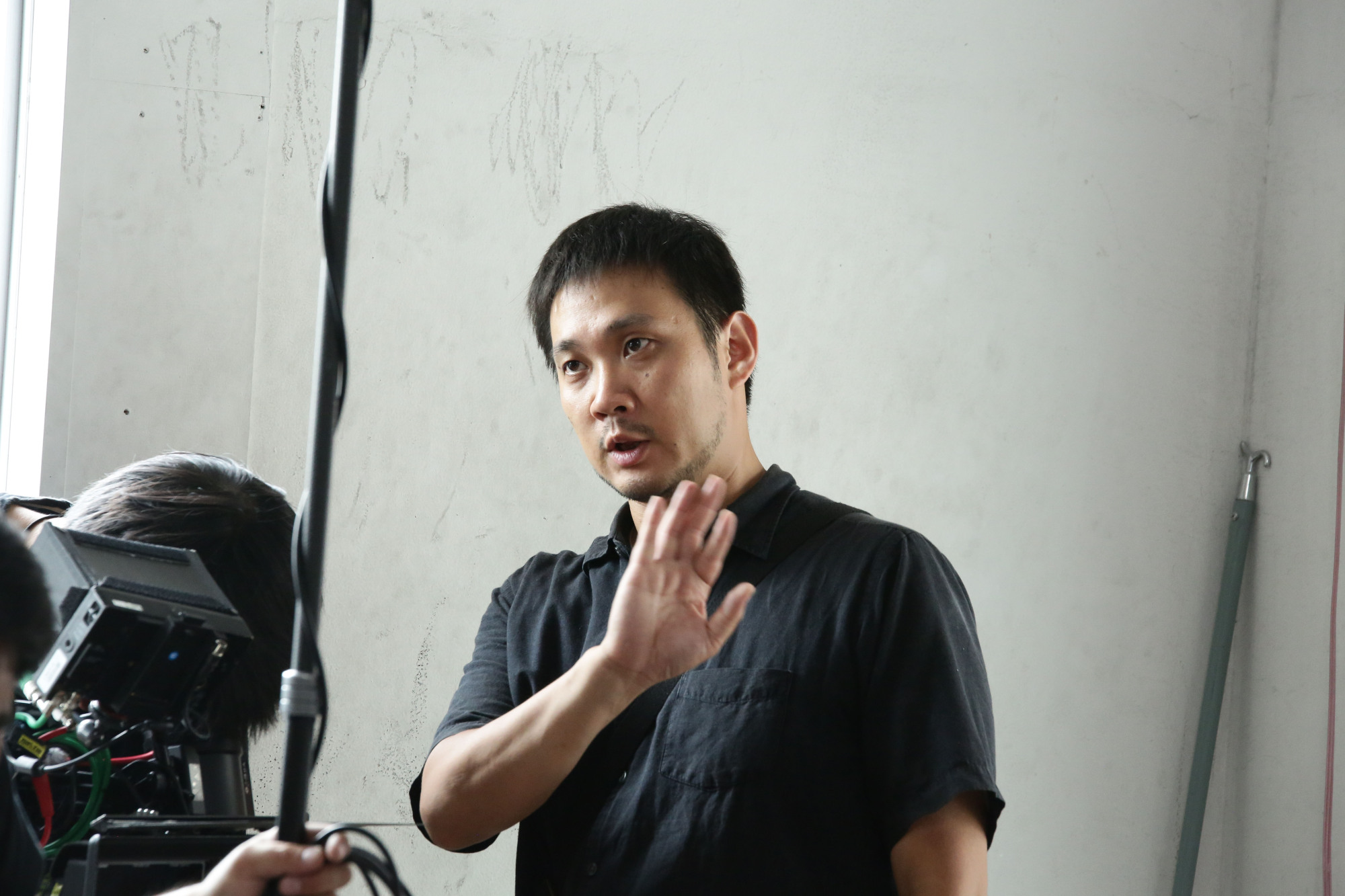It has been more than two decades since Takeshi Kitano, Naomi Kawase, Kiyoshi Kurosawa and Hirokazu Kore-eda began collecting major festival invitations and prizes as the leaders of Japanese cinema's 1990s new wave. Since then younger directors have struggled to crack this "4K" establishment to gain international recognition as auteurs, not just cult favorites. (Hayao Miyazaki looms over the competition in a similar way in the world of anime.)
One filmmaker who recently managed this feat — if a Cannes competition invitation for his offbeat romantic drama "Asako I & II" is any indication — is 39-year-old Ryusuke Hamaguchi. A graduate of the University of Tokyo who studied filmmaking at Tokyo University of the Arts, Hamaguchi started his ascent when his graduation film, "Passion," was selected for the 2008 Tokyo Filmex festival. His breakthrough then came with "Happy Hour" (2015), a five-hour-plus workshop piece that won an armload of awards, including best actress prizes for its four leads at the Locarno festival in Switzerland.
Based on a novel by Tomoka Shibasaki, "Asako I & II" is about a woman (Erika Karata) who falls for two radically different men who look exactly alike (and are both played by Masahiro Higashide). It saw a mixed, though mainly positive, reception at Cannes in May, but left without a prize.



















With your current subscription plan you can comment on stories. However, before writing your first comment, please create a display name in the Profile section of your subscriber account page.